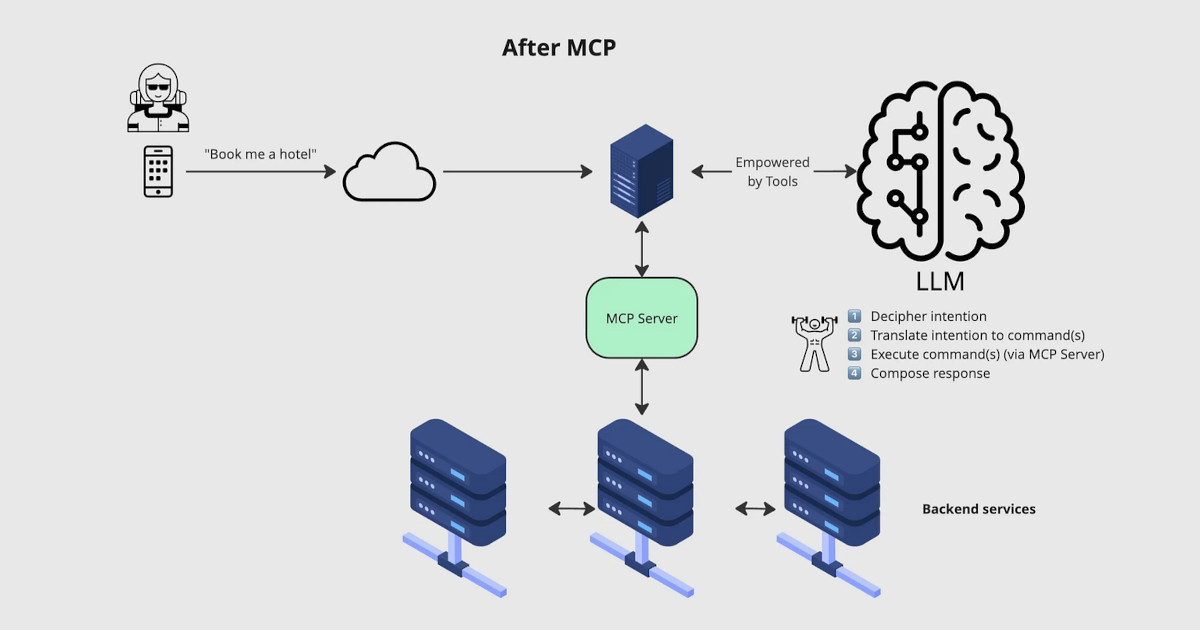The Architectural Shift: AI Agents Become Execution Engines While Backends Retreat to Governance
PositiveArtificial Intelligence

A significant transformation in enterprise software architecture is underway as AI agents evolve from mere assistive tools to powerful operational execution engines. This shift is crucial because it indicates that by 2026, 40% of enterprise applications are expected to integrate autonomous agents, enhancing efficiency and governance in various sectors.
— Curated by the World Pulse Now AI Editorial System



